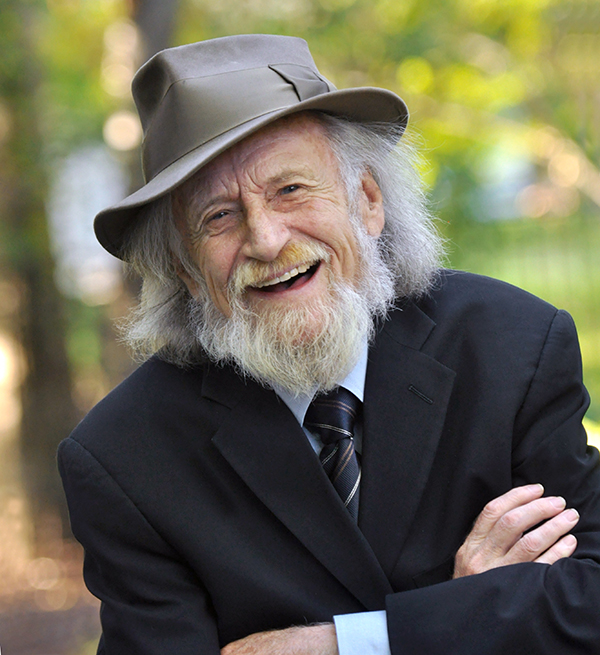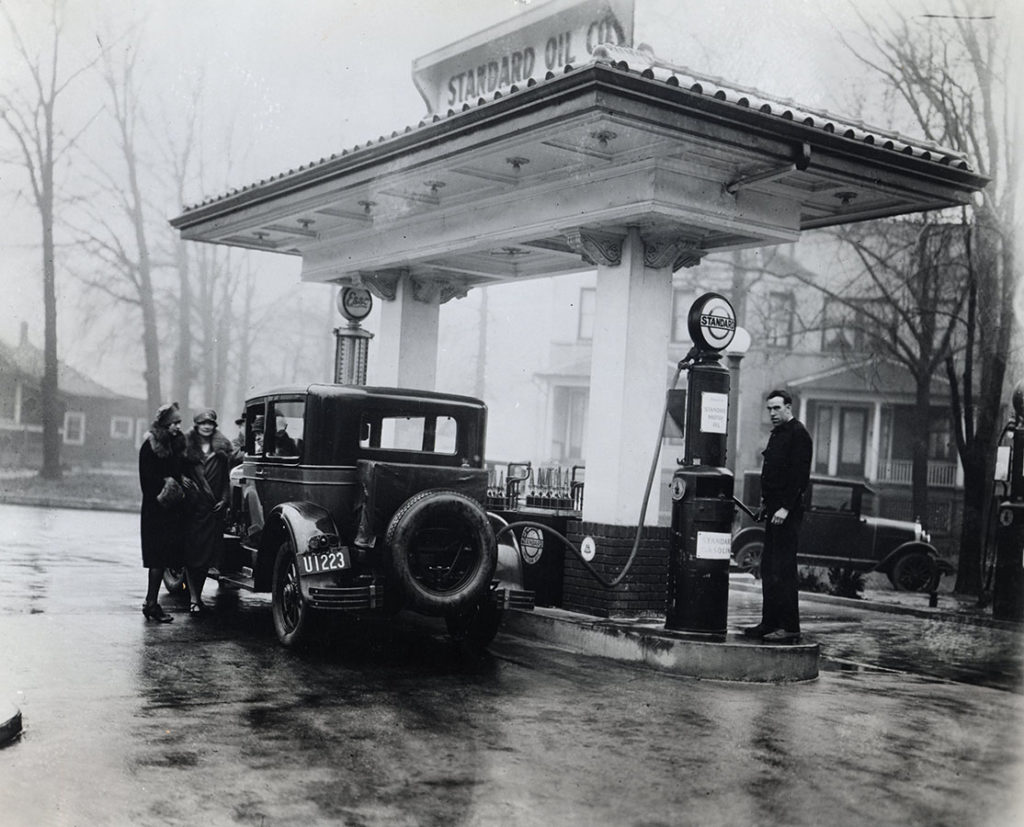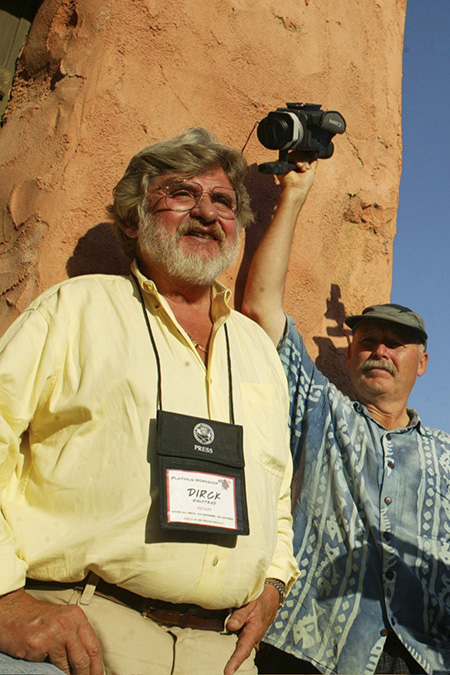You can help strengthen the Briscoe Center’s foundation of success by supporting one of the center’s priority projects. With your help, funding key positions—curators, archivists, interns, research fellows—as well as the preservation of collections, acquisition of new materials, and production of projects, helps the Briscoe Center share its collections for teaching and research with students, faculty, scholars, and other visitors.
Make a difference today. Give now.

Collection development and access
Collections are the heart of the Briscoe Center. While most archives are donated to the center, there is a significant financial cost associated with managing the collections that the center must be prepared to bear. Far and away the most expensive aspect to collecting, preserving, and making the evidence of history available to the public is the cost of recruiting, training, and retaining an expert team of professional staff. Your contributions to support collection development and access is vital to our ability to make the evidence of history widely available. Support from donors like you has been instrumental in developing the center as one of the leading American history archives in the United States.
Costs associated with collection development and access include:
- Recruiting, training, and retaining an expert team of professional staff;
- Travel costs for staff curators and archivists to review and assess archives offered to the center;
- Specialized archive transportation services;
- Climate-controlled archival storage using the latest methodologies in preservation;
- Conservation assessment and treatment of fragile materials;
- Ever-evolving technological advancements in hardware and software for storing digital, audio, and visual records as well as professional development to maintain staff expertise;
- Creating, managing, and storing collection metadata.
Occasionally, the center must compete for material needed to enhance a collection at auction. Readily available gift funds are critical to the center’s ability to respond quickly to unique opportunities and acquire these materials for preservation, teaching, and research.
You can designate your gift to support collection development and access across the center, for a particular collection of personal interest to you, or for one of these key initiatives:

Teaching
Studying primary sources such as those at the Briscoe Center provides a valuable learning experience like few others. Such study enables students to get as close as possible to what actually happened during a historical event or time period. Historical inquiry using the center’s primary records of cultural, social, scientific, and political thought and achievement provides undergraduate and graduate students with an opportunity to practice critical thinking, ask questions, seek answers, and synthesize disparate bits of information into a meaningful whole—critically important skills in this great information age.
Introducing students to primary source materials exposes many to a world of investigation and intellectual discussion they have not experienced before. Working with primary sources, students can become involved in the debates surrounding multiple perspectives on great issues of the past.
Many students experience the thrill of holding rare documents for the first-time during class visits to the center arranged by their professors. The Briscoe Center’s archivists introduce the vast array of material available to explore as well as teach information literacy skills and techniques for using primary source material in research projects to these students. Other professors hold regular meetings of their graduate seminars in the center’s classrooms so that students can work directly with collection material and access the archivist’s expertise as they narrow down their theses and dissertation topics. Working regularly with the center’s archival material provides an opportunity for graduate students to master the use of primary source evidence in research—a skill critical to their successful completion of a graduate degree program.
Our highly-skilled archivists also work side by side with graduate students appointed to an internship at the Briscoe Center, offering guidance as students develop skills, and sharing insights into the profession and connections to colleagues for the student’s growth.
As one of the university’s intellectual catalysts, the Briscoe Center is well-placed to inspire and support students at any stage of their academic career.
Learn more about gift opportunities that support teaching at the Briscoe Center today:

Research
The powerhouse of a great university is its libraries and archives. As one of UT Austin’s intellectual catalysts, the Briscoe Center is home to a vast assemblage of primary source evidence, the raw materials of historical research—the documents, photographs, artifacts, recordings, or other sources of information, created by eyewitnesses to, or participants in, an event. By examining original material, students, scholars, and researchers uncover evidence to support previously untold stories, identify new perspectives on existing interpretations, and evaluate current events based on historical evidence.
Working directly with archival evidence provides clues to the past not available from digital versions which are often used in early resource survey work for a project. A timeline of events can be confirmed or denied for example, based on indicators such as the type of ink or paper used in key documents. These clues are difficult, if not impossible, to ascertain using only digital copies.
As a project progresses, the researcher will need to visit the center’s reading room in person, to investigate further. Such onsite research results in a variety of projects including dissertations, scholarly articles and books, as well as works for a wider audience such as popular fiction, nonfiction, and documentary film from which many other people can learn more about the events of our nation’s past in order to understand the present and anticipate future change. Support for in-person research at the Briscoe Center is vital to advancing both academic careers and America’s understanding of its own past.
You can help support substantial collection-based onsite research by students, faculty, visiting scholars, and independent researchers from all over the world by establishing a named research fellowship in American history or a particular collection strength.
Fellowships support travel and living expenses for up to three months so that visiting researchers can complete research for dissertations, articles, book-length manuscripts, and documentary film.
Your gift in support of research has multiple benefits:
- It builds a deeper awareness of material in the center’s collections in the academic community.
- It helps graduate students complete degree requirements and helps position them to launch a successful academic career.
- It helps faculty and independent scholars pursue research interests resulting in the creation of secondary sources based on the primary sources in the collection.
- It helps journalists, fiction and nonfiction writers, and filmmakers provide historical context in their work.
There are four types of support for research at the Briscoe Center:
Contact Lisa Avra to learn more about how you can help support research at the Briscoe Center.

Projects
The Briscoe Center facilitates the public’s exploration of American history by making its collections widely available through collection-based ventures such as exhibitions and public programs, books, documentary films, and innovative digital projects. Your contributions to support our endeavors based on the collection is vital to our ability to make the evidence of history widely available.
Expand the menu selections below to learn more about how to support different Briscoe Center endeavors. New special projects are added periodically.

Historic sites
The Briscoe Center helps facilitate the public’s engagement with history by operating three museums located in communities across Texas. Students, families and adult learners explore a variety of topics at these historic sites through tours, school programs and events.
Your philanthropic gifts are instrumental in preserving these historic structures and associated collections as well as producing exhibits, programs and events at each one.














